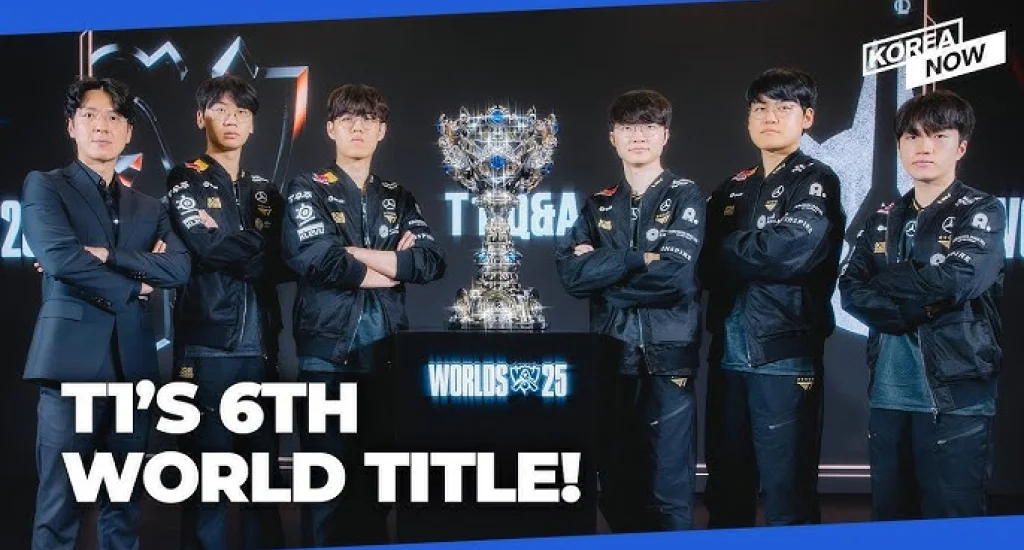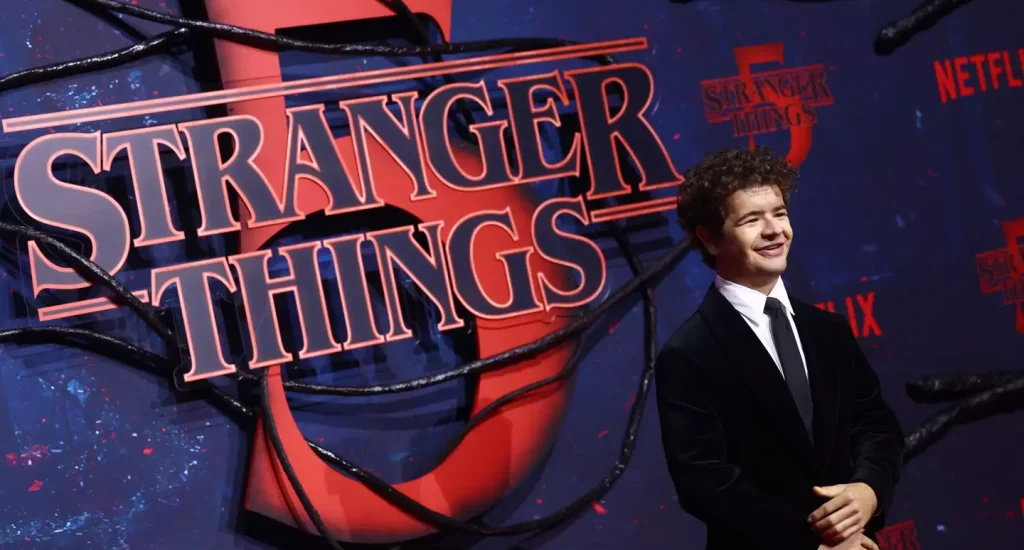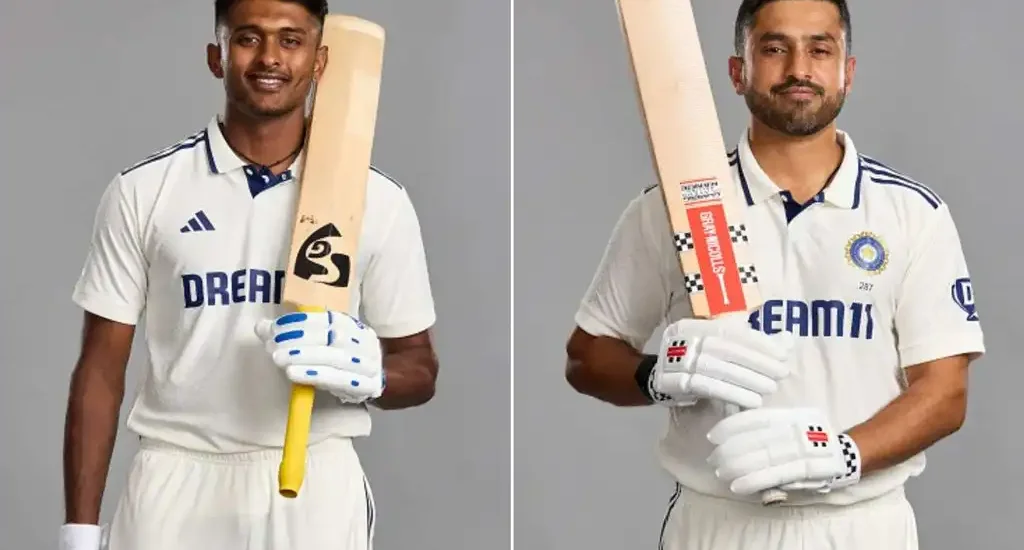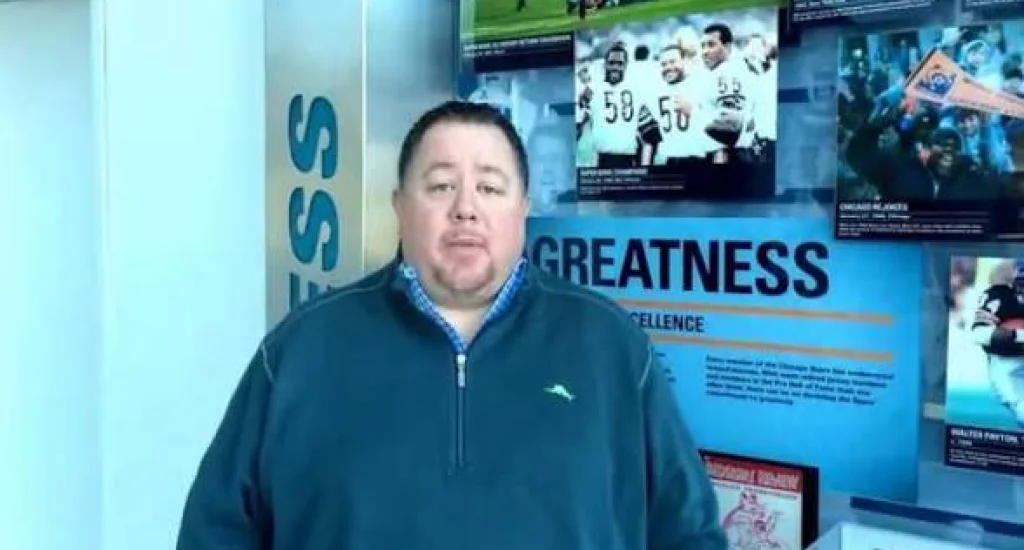
Brad Biggs Twitter on Ravens Fine
BODE Reporters November 2025
When the NFL levied a $100,000 fine against the Baltimore Ravens for mishandling Lamar Jackson's injury report status, the league's decision sent ripples through football's analytical community. Among those closely watching the fallout was Brad Biggs, the Chicago Tribune's respected NFL insider, whose perspective on the penalty has sparked fresh debate about accountability, transparency, and competitive integrity in professional football.
The controversy unfolded in late October when Baltimore incorrectly listed Jackson as a full participant in practice, only to rule him out the following day and retroactively downgrade his status to "limited." For the Bears—who faced Baltimore without their two-time MVP quarterback—the timing raised eyebrows across the league.
The Injury Report That Changed Everything
On October 24, 2025, the Ravens listed Jackson as fully participating in practice ahead of their Week 8 matchup against Chicago. Twenty-four hours later, Baltimore abruptly ruled the franchise quarterback out and revealed he'd actually been limited during that Friday session. The explanation? Jackson had attended the entire practice but wasn't taking starter reps—a technicality that, according to NFL policy, should have classified him as limited from the start.
The league's investigation concluded the error stemmed from negligence rather than intentional deception. Still, the $100,000 fine represented a clear message: injury report accuracy isn't optional, even when mistakes appear honest.
But for veteran observers like Biggs, who has covered the Bears through their contentious 30-16 loss to Baltimore, the penalty raised questions about proportionality. His analysis, shared across social media platforms, suggested the Ravens may have avoided harsher consequences that other franchises have faced for similar violations.
Context Matters: A History of NFL Penalties
To understand the weight—or lightness—of the Ravens' punishment, one must consider the NFL's precedent for disciplinary action. The business of professional football operates on competitive equity, and injury reports serve as a cornerstone of that principle, affecting everything from game preparation to sports betting markets.
In 2023, the Miami Dolphins became the only team to lose a first-round draft pick over tampering allegations. Owner Stephen Ross was fined $1.5 million and suspended. The New England Patriots lost first-round picks twice—once for Spygate in 2008 and again for Deflategate in 2016, when they were also docked $1 million.
Against this backdrop, a $100,000 fine—with no draft pick forfeiture or additional sanctions—does appear comparatively lenient, particularly for a franchise violation that potentially influenced competitive preparation and betting integrity.
"The league determined this was negligence, not an attempt to gain competitive advantage," CBS Sports NFL insider Jonathan Jones reported. That distinction proved crucial in the NFL's calculus.
Biggs' Perspective and the Bears Connection
For Biggs, who has chronicled the Bears' tumultuous 2025 season with unflinching honesty, the Ravens controversy carries particular resonance. Chicago arrived in Baltimore riding a four-game winning streak, only to face a Baltimore team without its star quarterback. The Bears lost badly—not because Jackson played, but because they couldn't capitalize on his absence.
In his Week 8 analysis for the Chicago Tribune, Biggs dissected Chicago's failures with surgical precision. Quarterback Caleb Williams, the number one overall pick, was outplayed by Baltimore's backup Tyler Huntley. The Bears' red zone efficiency remained abysmal. Penalties continued plaguing their discipline.
Yet beneath the game analysis lurked the injury report question: Did the Ravens' misclassification affect Chicago's preparation? Should the penalty have been more severe given the potential competitive implications?
Biggs' social media commentary on the matter, while measured, suggested skepticism about whether justice was fully served—a sentiment echoed by analysts and fans across the digital sports landscape.
The Broader Implications for NFL Integrity
Injury reports exist at the intersection of competitive fairness and commercial interest. They inform coaching decisions, affect betting lines, and shape public perception. When teams misreport—intentionally or not—they undermine a system built on transparency.
The Ravens accepted the fine without appeal, releasing a statement acknowledging they "clearly made an error." Baltimore's cooperative stance likely influenced the league's relatively light punishment. Organizations that contest penalties or demonstrate patterns of violation typically face escalating consequences.
But the episode raises uncomfortable questions. If a $100,000 fine is sufficient deterrent for a billion-dollar franchise, does it truly protect competitive integrity? For context, the Ravens' estimated franchise value exceeds $4 billion. The fine represents roughly 0.0025% of that valuation—equivalent to someone worth $100,000 paying a $2.50 penalty.
"When your enforcement is a rounding error, you're not really enforcing anything," one unnamed executive from an AFC rival told reporters on condition of anonymity. "You're just creating the appearance of accountability."
The Sports Media's Role in Accountability
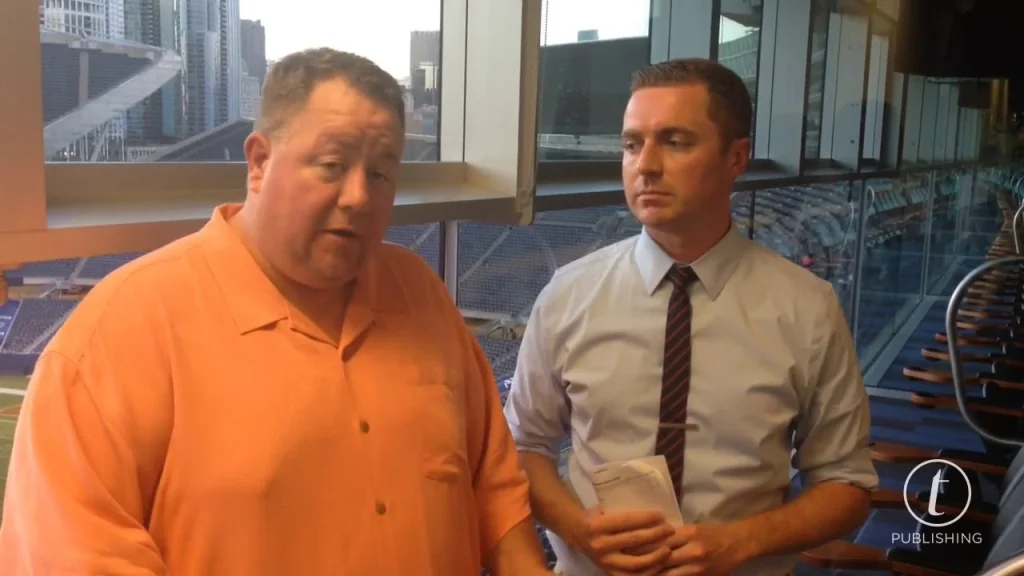
Journalists like Biggs occupy crucial space in the NFL ecosystem. Their analysis extends beyond game recaps into systemic examination of league policies, enforcement consistency, and competitive fairness. When respected insiders question penalty proportionality, they're not merely stirring controversy—they're performing journalism's essential function of holding power accountable.
Biggs built his reputation through meticulous reporting and willingness to challenge conventional narratives. His coverage of the Bears organization balances criticism with fairness, a approach that's earned him credibility across the league. When he suggests the Ravens "got off light," the observation carries weight beyond partisan complaint.
The comment sparked discussion among fellow journalists, former players, and league analysts. Some defended the NFL's distinction between negligence and intentional deception. Others argued that impact matters more than intent—that competitive disadvantage occurred regardless of Baltimore's motivations.
What This Means for Future Enforcement
The Ravens case establishes important precedent. Teams now understand that honest mistakes in injury reporting, when quickly acknowledged and corrected, will likely result in financial penalties rather than draft forfeiture or suspensions. This clarity benefits everyone—provided teams don't exploit the leniency.
The NFL faces a delicate balancing act. Overly harsh penalties for genuine errors could create paranoia, discouraging the transparency injury reports are designed to promote. Too much leniency invites abuse, potentially encouraging "strategic negligence" where teams push boundaries knowing slap-on-the-wrist consequences await.
League officials will monitor whether the $100,000 fine deters future violations. If injury report errors increase, expect the NFL to recalibrate its enforcement approach. If they decrease, Baltimore's penalty will be remembered as appropriately calibrated.
The Bears' Season and Lessons Learned
For Chicago, the Ravens loss represented a crucial inflection point in their season. The four-game winning streak that preceded Baltimore had generated cautious optimism. The defeat exposed persistent problems—red zone inefficiency, penalty frequency, and inconsistent quarterback play from Williams.
Biggs hasn't pulled punches in his educational breakdowns of Chicago's struggles. "Was Caleb Williams the reason they lost the game Sunday? No. Was he outplayed by Tyler Huntley? Yes, he was," Biggs told 670 The Score. "When your No. 1 overall pick is outplayed by QB5 from the August edition of the Cleveland Browns, that's not good enough."
The Bears rebounded the following week, defeating Cincinnati 47-42 in a thriller that showcased Williams' considerable talent. Rookie tight end Colston Loveland's 58-yard touchdown reception with 17 seconds remaining provided the victory margin—and temporary reprieve from criticism.
But the underlying questions persist. Would better preparation against Jackson's absence have changed the Ravens outcome? Did Baltimore's injury report error materially affect competitive balance? These aren't merely theoretical concerns—they shape how teams approach preparation and how the league maintains integrity.
The Twitter Effect and Modern Sports Discourse

Biggs' commentary on the Ravens fine demonstrates how social media platforms have transformed sports journalism. What once would have been buried in Monday morning newspaper columns now sparks real-time debate across Twitter, reaching audiences far beyond traditional readership.
This immediacy carries advantages and risks. Instant analysis allows journalists to shape conversations as news breaks. But it also compresses reflection time, potentially encouraging hot takes over measured assessment. Biggs generally navigates this tension skillfully, combining quick reactions with deeper follow-up analysis.
His observation about the Ravens getting off light resonated precisely because it articulated what many observers intuitively felt but hadn't crystallized into words. That's the power of experienced journalism—naming the elephant in the room and inviting productive conversation about its presence.
The Ravens' $100,000 fine will eventually fade from headlines, replaced by the next controversy in professional football's endless news cycle. But the questions it raised about enforcement consistency, competitive fairness, and league accountability will persist.
Brad Biggs' perspective matters not because he's infallible, but because his voice represents the informed skepticism essential to healthy sports discourse. When veteran journalists question whether penalties match violations, they're not undermining the league—they're strengthening it by demanding the standards of integrity the NFL claims to uphold.
As Baltimore moves forward and Chicago navigates its challenging season, this episode serves as reminder that in professional sports, transparency isn't just policy—it's promise. And when promises are broken, even accidentally, the consequences must match the breach. Whether $100,000 achieves that balance remains open question, one that Brad Biggs and others will continue examining as the season unfolds.
Related Articles

